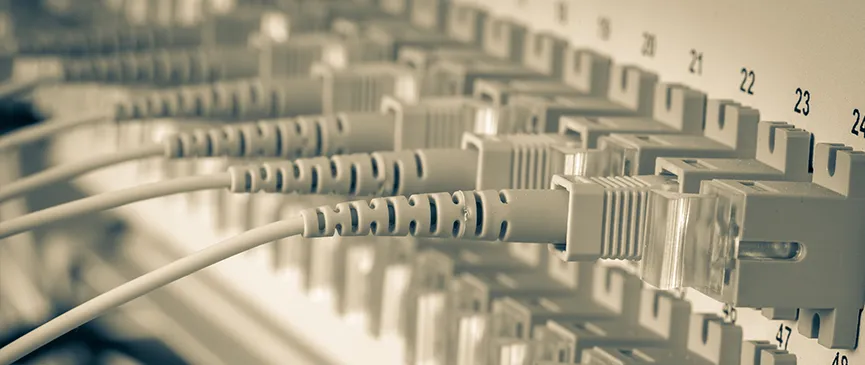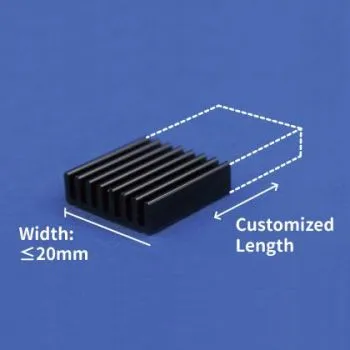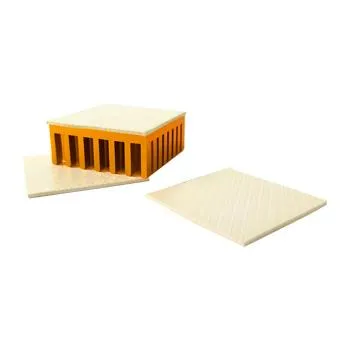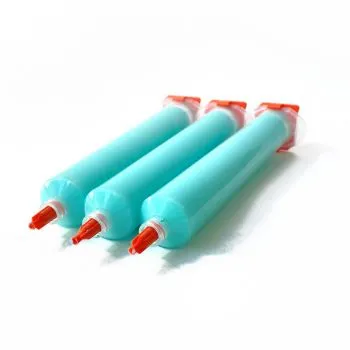In accordance with the European Union’s General Data Protection Regulation (GDPR), we are committed to safeguarding and ensuring your control over your personal data. By clicking “Accept All” you are permitting us to use cookies to enhance your browsing experience, assist us in analyzing website performance and usage, and deliver relevant marketing content. You can manage your cookie settings below. By clicking “Confirm” you are agreeing to the current settings.
Netcom

The biggest highlight of the technology industry in recent years has been the rapid commercialization of 5G. Nearly 500 operators around the world have already announced that they are investing in 5G, not only to advance high-speed mobile transmissions, but also to accelerate applications in smart manufacturing, vehicle-to-everything, remote healthcare, smart cities, immersive interactive entertainment, large-scale Internet of Things, high-definition mobile streaming, and other related industries.
To realize 5G services on such a large global scale, telecoms operators are working diligently to build the foundation for 5G infrastructure, and various companies are also actively rolling out their 5G infrastructure plans. Cloud operators are building the necessary computing and storage devices, AI operators are popularizing and embedding AI into smartphones, fixed wireless access (FWA) for home use is uniting home internet access with Wi-Fi 6 standards, and many other similar business activities are putting in place the infrastructure necessary for large scale 5G rollout.
As the frequency and speed of all devices using network and communications rise, the intensity of heat generated from these devices becomes a major technological bottleneck. The design of heat conduction and dissipation components has become a key factor in heat dissipation engineering, with the goal being to optimize transmission performance and satisfy requirements such as reliability and cost. As we anticipate the evolution of the entire communications supply chain, we are uniting forces in the coming decade to propel ourselves into a new era of network and communication advancements.
Applications:
-
Wireless Devices
-
IP Camera Recorders
-
Fiber Optic Communication
-
Set-top Boxes
-
Mobile/Home Routers
Mobile/Home Routers
Depending on the design of the mechanism, softer silicon-based thermal pads can be selected to absorb gaps between various heat sources in an area and transfer the heat to a heat sink or the product's outer casing. Our high-performance thermal interface materials fill the gap between the heat source and the heat sink, allowing heat generated by the system to be quickly dissipated.
Set-top Boxes for Receiving Satellite and Digital Signals
For storage devices with recording capability, non-silicon low volatility products are more suitable.




